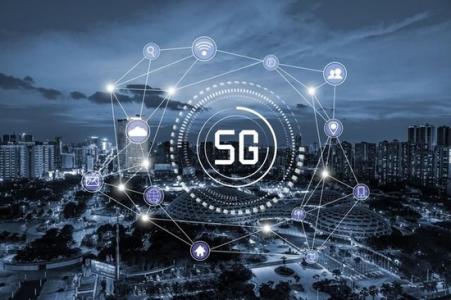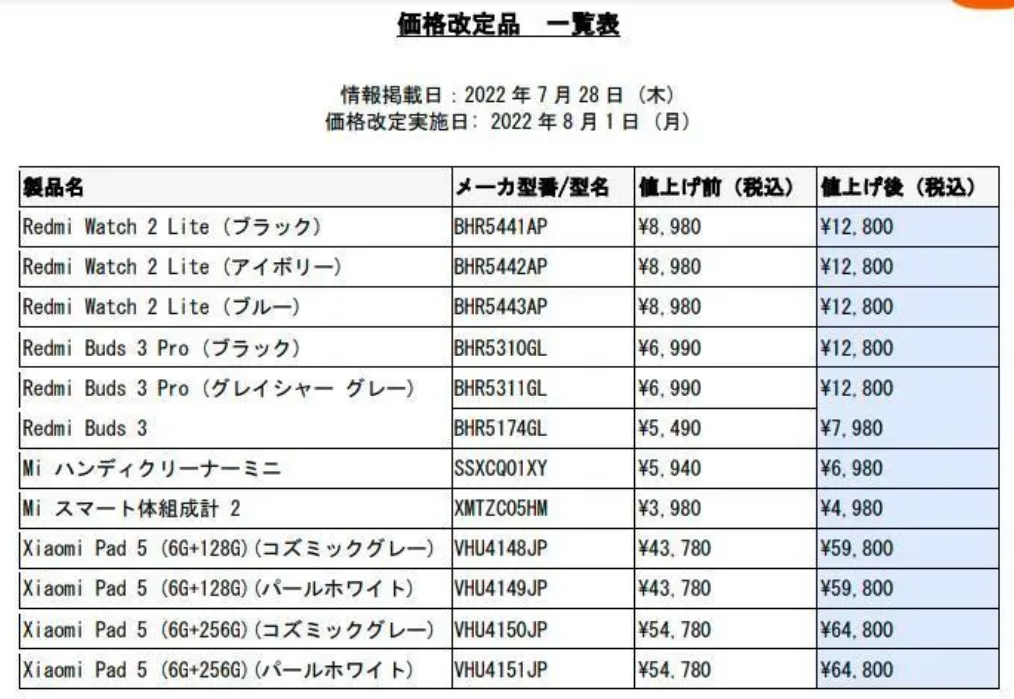your current location is:Home > carHomecar
With a valuation of $16 billion, the "King of Autonomous Driving" updates the US stock IPO prospectus and is expected to land on the Nasdaq next Wednesday

Intel's self-driving unit, Mobileye, is planning an IPO and said it is targeting a valuation of nearly $16 billion.
Intel said in a filing on Tuesday that it expected the offering price to be between $18 and $20 a share. The valuation, below the $50 billion previously expected, is the latest sign of a marked cooling in the U.S. initial public offering (IPO) market as interest rates rise and investors brace for a possible recession.
Intel said in the filing that the company plans to raise up to $820 million, which will be used for working capital and corporate purposes. Intel will retain control of Mobileye, which will hold more than 750 million Class B shares with 10 times the voting power of Class A shares.
In addition, Intel expects to have 46.26 million shares of Class A stock outstanding, which is what investors will buy in the IPO. The exact number may be higher, depending on whether the underwriters decide to choose to purchase additional shares.
Intel expects Mobileye to issue a total of 796.26 million outstanding shares, valuing the self-driving business at $15.9 billion if priced at $20. Intel shares fell more than 2 percent on Tuesday, bringing their year-to-date declines to 48 percent.
In 2017, Intel acquired Israel's Mobileye for $15.3 billion. Founded in 1999, Mobileye provides chips, hardware and software for self-driving cars, as well as driver assistance and other functions.
Intel is currently undergoing a transformation in its core business of making computer chips. It's building more factories, but building and equipping new fabs is capital-intensive. Mobileye has partnerships with automakers including Audi, BMW and Volkswagen, and its technology is currently used in 800 models, Mobileye said in the filing.
Mobileye's revenue grew strongly, from $879 million in 2019 to $1.39 billion in 2021, the filing showed. Mobileye posted revenue of $854 million in the first six months of the fiscal year, up 21 percent from a year earlier, and the company posted a net loss of $67 million.
U.S. IPOs have been hit hard this year, especially by Mobileye's tech peers, amid rising inflation and interest rates, worries about the U.S. economy and volatility in U.S. stocks.
The U.S. IPO market is experiencing one of its worst years on record, with traditional IPOs likely to raise the smallest amount since 1995, according to Dealogic. All major U.S. stock indexes are in a bear market, or declines of 20% or more from their recent highs. Another factor holding back new listings: Most companies going public in 2020 and 2021 are trading below their IPO prices, and many of them are trading well below their IPO prices.
Hundreds of companies slated to go public in the U.S. in 2022 are now forced to sit on the sidelines as the prices investors are willing to pay for their businesses have fallen. Rather than listing and raising capital on the public markets, these companies are forced to seek private funding at much lower valuations, cut costs through other measures such as layoffs or exits from certain markets, or go public at valuations far below expectations. Those companies are spending less money on growth or hiring, another potential blow to the broader U.S. economy.
While most companies gearing up for an IPO in 2022 are delaying public offerings until next year, Mobileye is one of the biggest and well-known exceptions. Grocery delivery company Instacart is also slated for an IPO this year, and a further cut in Mobileye's valuation is a bad sign for Instacart, which has slashed its internal valuation. If Mobileye's deal underperforms, it would be another ominous omen for Instacart's IPO hopes.
Intel Chief Executive Pat Gelsinger has said that Mobileye's listing will give its self-driving car unit greater visibility and attract more business. He also said Intel doesn't need the money from Mobileye's IPO.
Today, in the context of the rise of NVIDIA, Horizon, Huawei, Baidu and other technical manufacturers, Mobileye's position as the first brother of autonomous driving chips is really difficult to guarantee.
A number of terminal manufacturers, including Weilai, Tesla, and Ideal, have abandoned Mobileye. Not to mention Tesla, after Intel acquired Mobileye, it broke up with Mobileye and began to use FSD chips.
Ideal will also replace the EyeQ4 with Horizon Journey 3 in 2021, and a number of car companies such as Weilai have equipped the new generation of models with powerful NVIDIA Orin chips. Some time ago, NVIDIA just developed the computing power "ceiling" Thor. Do old companies like Mobileye still have a place?
However, Mobileye has also discovered these problems and is in the process of developing next-generation ADAS products, including new functions of the SuperVision system and navigation-assisted driving, hoping to break the deadlock of "no more heroic".
Previous:BMW to invest $1.7 billion to make electric cars in U.S.
Next:Already is the last article
related articles
Article Comments (0)
- This article has not received comments yet, hurry up and grab the first frame~












